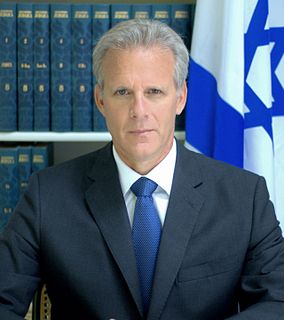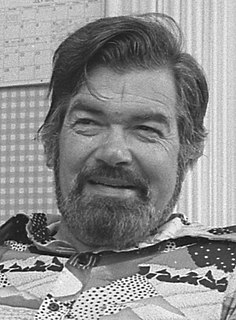A Quote by Stewart D. Friedman
Curiosity about the world and questioning of the status quo to open minds to alternative visions of the future are essential leadership skills. And they can be learned.
Related Quotes
Leaders are fascinated by future. You are a leader if and only if, you are restless for change, impatient for progress and deeply dissatisfied with status quo. Because in your head, you can see a better future. The friction between 'what is' and 'what could be' burns you, stirs you up, propels you. This is leadership.
Our thoughts about the future go far toward creating it; our minds and hears are like filaments taht connect today to tomorrow, they are conduits for either the status quo or the emergence of different, hopefully more loving, possibilities. How we think and how we behave determine where we are going
We need visions of a future in which we have applied our infinite creativity to the task of living on a finite world, where we have embraced our role, become comfortable and proficient as planet-shapers, and learned to use our technological skills to enhance the survival prospects not just of humanity but of all life on Earth.






























